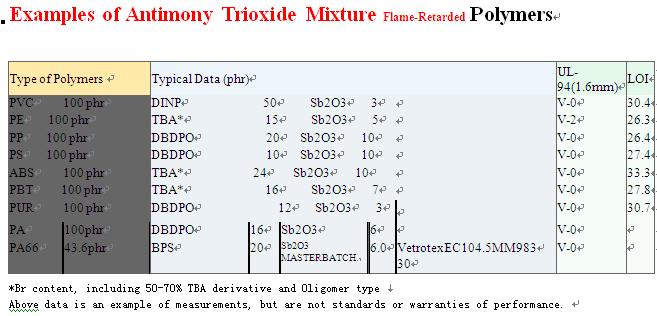Consumer prices rose 6.9% in November, property prices climbed at the fastest pace in two years and the main stock index has more than doubled in 2007. Higher borrowing costs and increases in banks' reserve requirements have failed to stem the gains, underscoring government concern the economy may overheat. "Inflation expectations are rising and the central bank really needs aggressive action to cool them," said Stephen Green, senior economist at Standard Chartered Bank in Shanghai. "They will get even more aggressive from now on."
It's the third time this year that China has raised deposit rates by more than lending rates to curb asset-price gains by encouraging people to keep their money in the bank. The central bank said higher rates were needed to curb 'overheating.'
House prices in 70 major cities jumped 10.5% in November from a year earlier. The benchmark CSI 300 Index of stocks has climbed 147% this year. Inflation jumped in November on fuel and food costs. Chinese households' concern about rising consumer prices is at the highest level since a survey began in 1999, the central bank said.
China should let its currency appreciate, given "mounting inflation, growing asset bubbles and possible overheating," US treasury secretary Henry Paulson said this month.
The yuan has gained more than 12% against the US dollar since the end of a peg in July 2005. Before the rate announcement, the yuan closed at 7.3694 versus the dollar and the CSI 300 Index climbed 1.8%.
A stronger Chinese currency would help cool inflation by lowering import costs and slowing money inflows from a trade surplus that surged 52% in the first 11 months to $238.1 billion. In addition to interest rates, the People's Bank of China has sold bills to absorb cash and raised the proportion of deposits lenders must hold as reserves to 14.5% from 9% at the start of this year.
"Raising the reserve requirement has become more symbolic than substantial," said Kevin Lai, senior economist at Daiwa Institute of Research in Hong Kong. "At the end of the day, the root cause is the trade surplus. China needs a one-off currency revaluation to reduce inflation and liquidity inflows." China's economy, the world's fourth largest, expanded 11.5% in the third quarter from a year earlier.
Growth is likely to slow to 10.5% in 2008 from 11.4% this year on tightening measures, the Asian Development Bank said this month.
The Organisation for Economic Co-operation and Development forecasts a decline to a 10.7% pace on reduced demand for exports.








0 comment:
Post a Comment